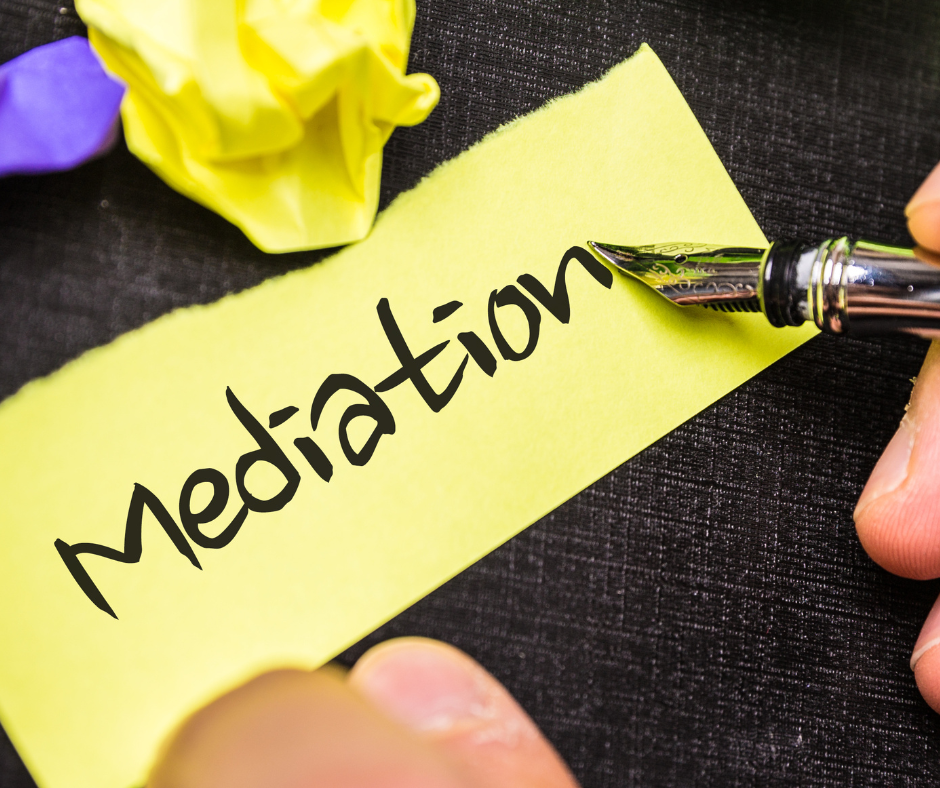
One thing’s for sure: litigation is expensive but the good news is that it’s not always necessary!
In some cases, mediation is the better (and cost efficient) route. Here are a few examples of when mediation should be used instead of litigation:
- If the parties want to preserve their relationship with one another. This could be neighbors, divorced partners, or employers and employees.
- If direct negotiations have stalled or failed. Keep in mind that mediation is a non-binding process, meaning mediators can’t impose a decision on the two parties. If the dispute has room for compromise.
- When each party has room to compromise and reach an agreeable solution, mediation is ideal.
If you ever need mediation for a situation you’re in, I’m here to help! And in the meantime, feel free to share this helpful info with others.


